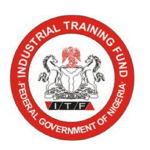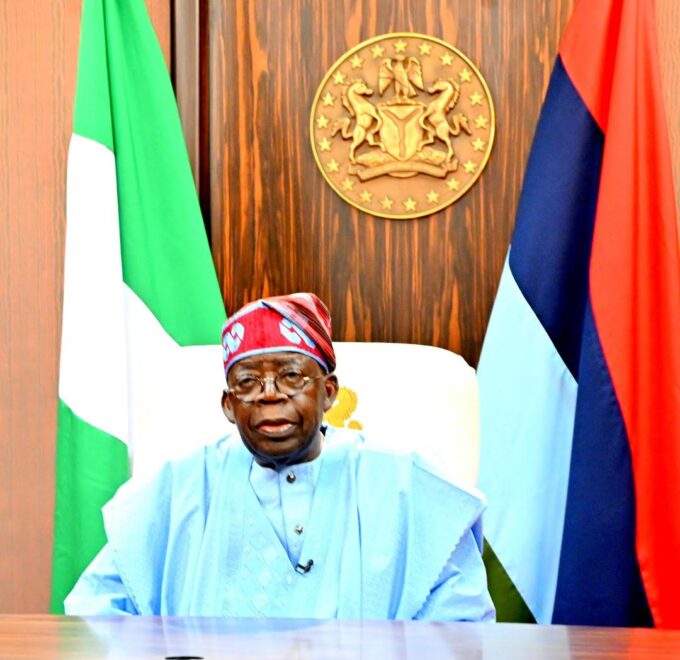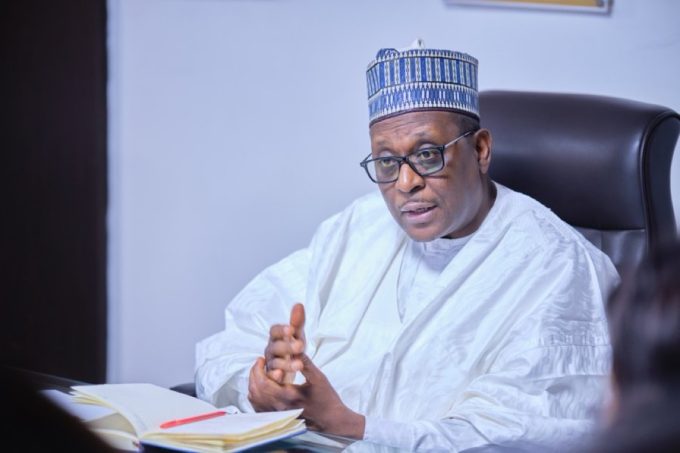In a bid to ease the financial burden on households and expand access to quality health services, the Federal Government on Tuesday announced plans to reduce Nigerians’ out-of-pocket healthcare spending from 70% to 20%.
The Executive Director of the Africa Health Economics and Policy Association (AHEPA) John Ataugba, made this announcement on Tuesday in Abuja during his presentation on the state of healthcare financing in Nigeria at the day two National Health Financing Dialogue talk shop.
The talk shop aims to build a strong evidence base to support increased and sustained financing commitments and to facilitate policy reforms that encourage private sector involvement in the health system.
“Out-of-pocket spending in Nigeria is really problematic. It currently accounts for over 70% of total health expenditure. But our goal is to bring this down as quickly as possible to less than 20%,” Ataugba said.
He explained why the 20% target is critical, noting that evidence suggests that when out-of-pocket spending falls below 20% of total health expenditure, countries are more likely to achieve better financial protection.
The AHEPA executive director, who stated that currently, government spending on health in Nigeria accounts for less than 15% of total health expenditure, hammered on the need for stronger public financing.
“We want to reach a stage where government contributes at least 50% of total health expenditure, ensuring greater access to health services for all.
“We are pursuing this because if the government takes a larger share of financing health services, people will have better access, and there will be greater opportunities for equity in how health services are funded,” Ataugba said , adding that that external funding currently accounts for less than 8% of total health expenditure, which is positive.
“However, our goal is to minimize reliance on external financing as much as possible, particularly for per capita spending on public primary healthcare,” he added.
He highlighted the low level of spending on primary healthcare, explaining that Nigeria currently spends about $7 per person per year very meager and insufficient.
According to him, the target is to increase this to roughly 30% of $30 per person to strengthen primary healthcare, which he described as the bedrock of every health system, especially in low- and middle-income countries, where most health service utilization occurs at this level.
While highlighting the challenge of increasing public spending, Ataugba added that, “The challenge is how to move from 8% to above 15%, especially given that Nigeria’s tax-to-GDP ratio is below 12%. This means the government’s share in the economy is very low, and the country is primarily driven by the private sector.”
According to him, currently, out-of-pocket spending in Nigeria averages about $70 per person per year, meaning households shoulder the bulk of healthcare costs. Government spending, by contrast, is only about $14 per person annually.
“Our goal is to reduce out-of-pocket spending to around $15 per person and increase government spending to $86 per person, which aligns with the level needed to provide acceptable services for the population,” Ataugba said.
He also advocates on the need to increase tax revenue, aligning with ongoing tax reforms, and suggested that a target of about 35% of GDP from taxes would provide the government with the fiscal space to fund health, education, and social services effectively.











